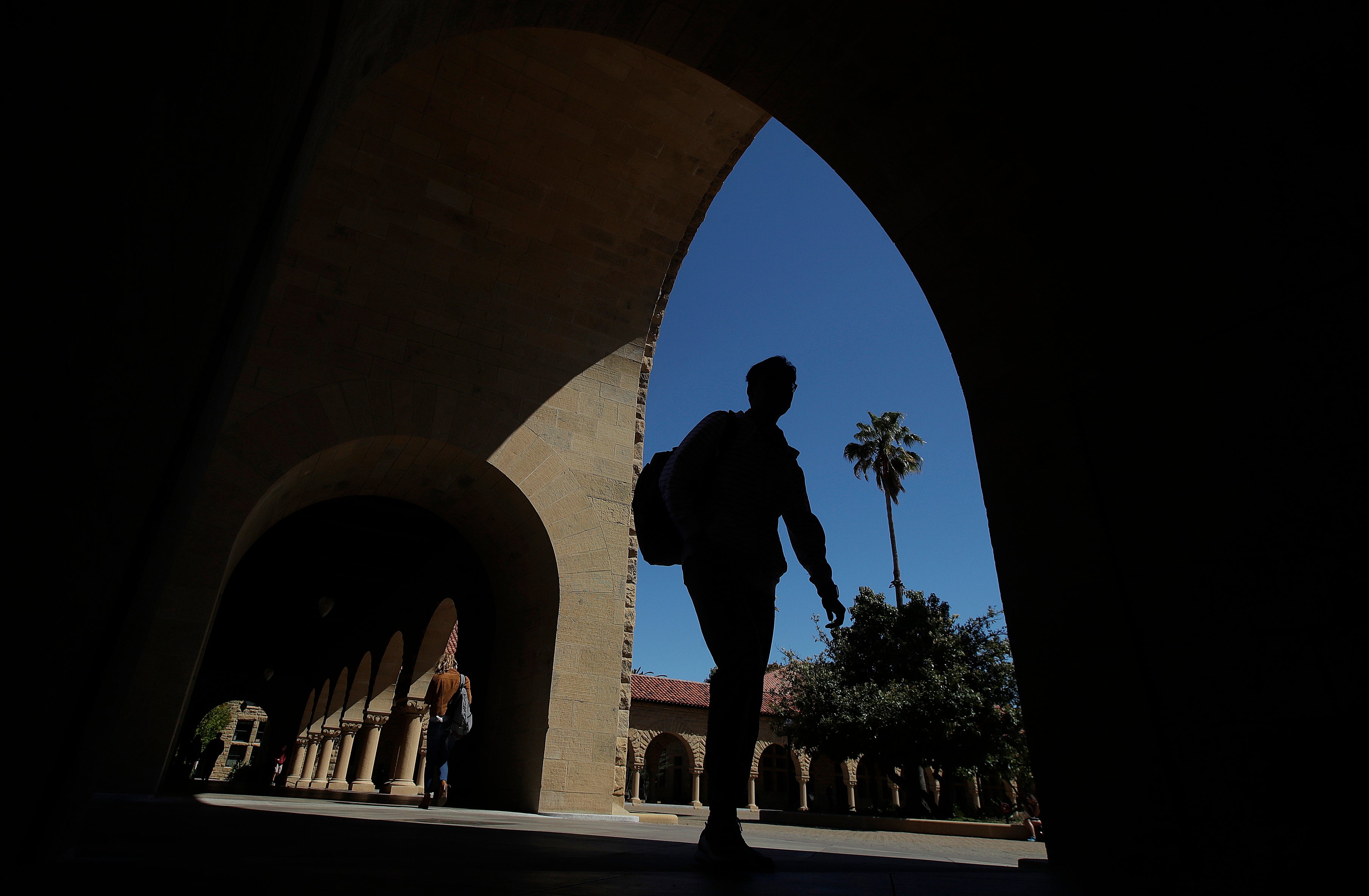I considered faking my own death to get away from my American Dream gone wrong
After accruing $100,000 in student debt, I felt like I had nowhere left to turn. The only thing that’s stemming the tide is the CARES Act — and that’s temporary


As the daughter of a Mexican immigrant who never got his college degree, I invested heavily in the American Dream. Unfortunately, the only thing I got back was anxiety, depression, and self-worth as negative as my net worth.
I finished high school a year early and went on to earn three bachelor’s degrees. I received scholarships, worked 30 hours a week, and took out federal loans to cover the rest, knowing that if I graduated at the top of my class — which I did — I would get a good job to pay it all back. I ended up waitressing. So I went back to school for a dual masters degree, got another scholarship, and worked full-time. I became an adjunct professor in my last year of graduate school and took on anything that would put money in my pocket, including babysitting, dog-walking, two more teaching gigs, and freelance work as a writer and editor. I worked seven days a week, cut out all unnecessary spending, and put every cent of disposable income toward my debt.
Years passed, and I was still hovering near the poverty line, still juggling five jobs with no benefits, and still paying $600 a month to a debt that refused to get any smaller. My grandfather offered to help me with the bill, and my father struggled with the Parent PLUS loans he took out on my behalf. My burden became theirs, and I hated myself for it.
I was having trouble sleeping, eating, and focusing on my long-term goals. I developed panic attacks that left me lying on the floor of my dilapidated apartment for hours. I would call my dad in tears every time an unexpected obstacle inflated my principal. Bankruptcy was not an option, and after hundreds of rejected job applications and thousands of dollars of payments, I felt trapped in a nightmare I’d never escape.
While paying off my $100,000 student loan, I seriously considered fleeing the country, buying a new identity, and faking my own death. Losing everything I had ever worked for seemed a small price to pay for my freedom and my peace of mind.
I began borrowing money in 2011 at the age of 17. I never had a credit card or more than a few hundred dollars in the bank. I wasn’t even old enough to vote. But I signed my name at the bottom of my first financial contract, determined to go to college just like everyone else, despite my lack of resources. I didn’t know about compound interest. I didn’t truly understand how much money would pile onto my unsubsidized loans while I was in school. And most of all, I didn’t know how few full-time jobs there were for the millions of highly-qualified liberal arts college graduates beginning their lives amid an economic recovery.
The weight of my naivety was crushing me, and in February of 2020 I began having thoughts of suicide. I wasn’t the only one.
According to a survey by Student Loan Planner, 1 in 15 borrowers between the ages of 20 and 39 have considered killing themselves. More than half experienced anxiety, depression, and physical symptoms including headaches, rapid heartbeat, and fatigue. And with so many of us foregoing self-care expenditures like health insurance, gym memberships, and therapy, these statistics were only bound to get worse.
Then, in March, Covid swept the globe, and Congress passed the CARES Act, which moved interest rates to zero and paused all payments on federal loans. Though I still had to pay down my private loans, which were much smaller, the momentary relief changed my life.
For the first time in 10 years, my payments made a dent in the total balance, and because they were voluntary, I did not feel worried or anxious about making them. I found a therapist (well, two), and have been working on disconnecting my financial worth from my self-esteem. I moved into a nicer apartment, bought a few stocks, and finally framed my diploma after years of hiding it in my closet. But I still worry about what will happen when the respite expires.
To a generation that faces decreasing social mobility and increasing rates of potentially disastrous mental health, forgiveness is not a matter of finance: it is a matter of life and death.
The recent stimulus package includes a provision making forgiven balances exempt from being taxed as income, which is a great start to rescuing the 45 million Americans who struggle with college-related debt today. The next step is determining a meaningful amount, or a percentage of debt forgiven, that would finally put the American Dream back in reach, keeping in mind that for many of us, $10,000 wouldn’t even cover the interest accrued.
The United States was once a country where parents, especially immigrants, could give their children a better life than they had. With one stroke of the pen, that promise can be made good again.
Join our commenting forum
Join thought-provoking conversations, follow other Independent readers and see their replies
Comments